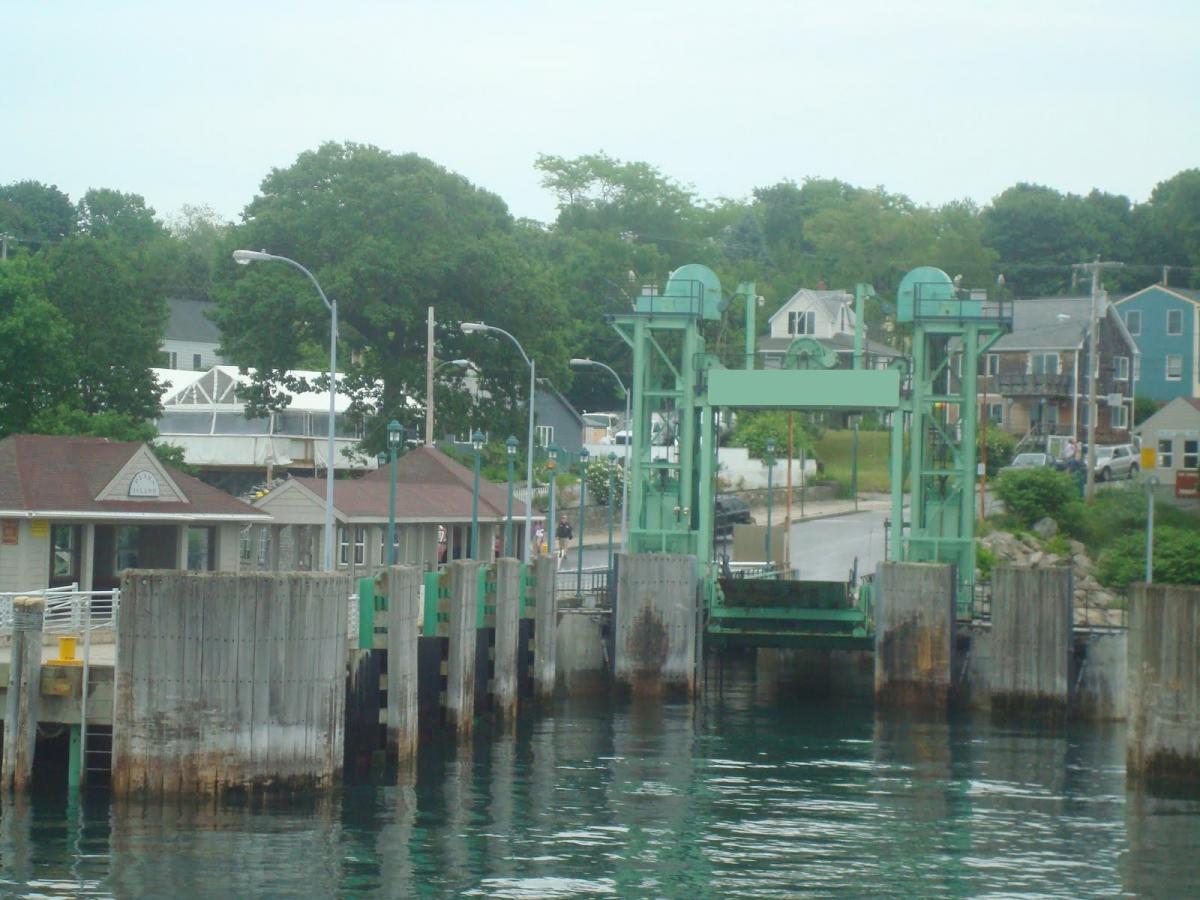Thinking Like an Island
Discussing solutions to challenges on land and sea, we speak often of patterns of consumption. We are a society organized around apparently insatiable consumption – of our natural resources, of the products derived from those resources, even of our heroes who we use up and discard with abandon equal to changing fashion – and it is this drive that has created such stress on our terrestrial and marine environments. Our social needs and financial system enable the extremes, for example, fishing tuna to exhaustion to meet immediate lucrative demand with no concern for limits or the inevitability of extinction.
Some argue this is the result of evil capitalism. I will leave that discussion for another time, another place. But think of it this way: We approve investment in research and development of pharmaceutical products that treat disease; we disapprove of similar investment in such products that compromise the health of our children. It seems to me that the problem lies not so much in the financial system itself, but rather in the investment and consumer decisions and their consequences that either heal our sick or poison our fields, streams, and ocean. It’s all about values.

How, then, do we shift our priorities, change our behaviors, alter our patterns of consumption, make different decisions so as to sustain the resources that remain and assure our future survival. I suggest that we start thinking like an island.
Assume the satellite perspective and look down upon the earth to view an ocean world in which float islands, be they atolls, nations, or continents. If you now descend and join those island communities, you will discover people whose lives are defined by different limits, different needs, different utilities. Islanders are by definition more reliant on things to hand: water locally drawn, food locally raised or harvested from the sea, local skills required to make and fix things for themselves. They are more or less connected to a mainland that may provide fuel, additional supplies, even law enforcement, doctors, and priests, but they know that fog or storm may cancel that connection at any moment and they will be required to fend for themselves. I have no interest in romanticizing island life; it is hard, challenging, often lonely, not always united in politics and beliefs, and forever formed by natural forces that are omnipresent in changing weather and wave.
Nonetheless, these circumstances demand different standards for living. Islanders must focus first on first things, on utilitarian needs not frivolities, on the essential requirements of individuals, families and neighbors. Islanders re-use and re-cycle things; they run machines longer on precious little fuel. They invent and create; islands are good places for artists and makers. They police and govern themselves. They teach and coach children they know. Islanders choose to limit themselves to the circumference of the land and to the quality of the life so defined by the omnipresent maritime beauty and enduring community they have found and built there. Many times, islanders choose to stay because they reject the way of living known on another shore. They are not ocean-bound; indeed, now, given the Internet, they can communicate and exchange goods, services, and ideas worldwide.
What are the characteristic values evident in such places: independence, self-reliance, practicality, frugality, ingenuity, respect for work, success within limits, cooperation, community. What if we suddenly drew invisible lines in urban places and applied these same values there? What if we looked at our cities, our regions, even our nations as islands? What if, as citizens, we all start acting like islanders, applying such values individually, locally, and nationally in our purchases, our institutions, our expectations of governance, our life choices? What if we abandon the rigid, mis-valued ideologies that paralyze us and engage instead in a fulsome exercise of island living? Do we have to wait for our leaders to tell us what to do? Why can’t we do this for ourselves? And do it now?
The global recession has brought home to nations and individuals alike the painful bankruptcy of systemic over-consumption, driven by credit, as an unsustainable model for the future. Only the most vested interests hold on to the delusion that all will be as it once was. There are signs among some countries and some executives that the application of such values to governance and business development can be a successful, competitive, and profitable way to behave in the world marketplace. There are signs that citizens of nations whose resources have been exploited and consumed, whose destroyed environments can no longer sustain water and food supplies, are demanding, sometimes violently, the attention or replacement of politicians complicit in the old model. There are signs that we are beginning to think and act as if we understand that earth, too, is an island. Such signs are not enough. We must do more, quickly. Fellow islanders, unite!
- Login to post comments
-


